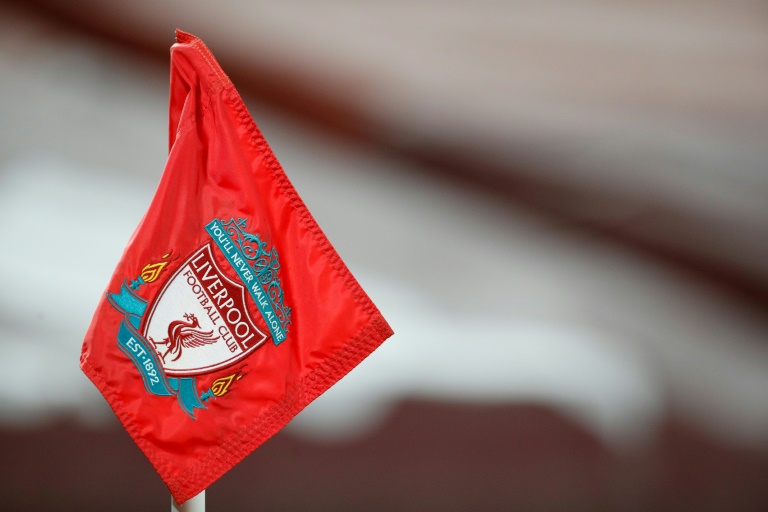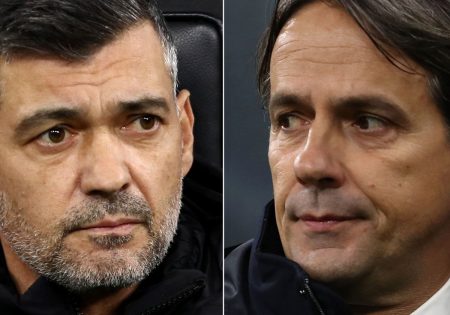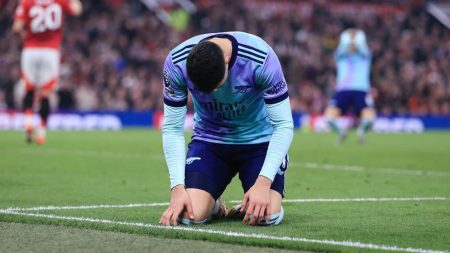Financial Challenges and Revenue Gains
Liverpool Football Club, a revered name in English football, has announced a significant loss before tax of £57 million ($72 million) for the 2023/24 season. This financial setback is primarily attributed to the club’s absence from the UEFA Champions League and a rise in administrative costs. However, despite the loss, the club’s overall revenue saw a healthy increase of £20 million, reaching £614 million. A standout contributor to this revenue growth was the commercial sector, which saw a £36 million boost, bringing the total commercial revenue to £308 million. These figures reflect the club’s ongoing efforts to diversify its income sources and maintain financial stability amid increasing operational expenses.
Media Revenue Dip and Matchday Income Boost
The club’s loss of £57 million marks a second consecutive season in the red, with the previous year seeing a loss of £9 million. A significant factor in this financial downturn was a £38 million drop in media revenue, the first season since 2016/17 in which Liverpool did not participate in the UEFA Champions League. The lucrative broadcasting deals and substantial financial rewards associated with the Champions League have long been a critical income stream for top-tier clubs, and Liverpool’s absence from this competition has undoubtedly had a notable impact. On a more positive note, matchday income surged by £22 million, largely thanks to the opening of the new Anfield Road stand. This development not only enhanced the fan experience but also provided a much-needed financial boost, highlighting the club’s commitment to improving its home venue.
Managing Staff Costs and Bonus Outlays
Staff costs, primarily comprised of wages and associated bonuses, increased by £13 million to £386 million. This uptick was partly due to performance-related bonuses for securing Champions League qualification and winning the League Cup during Jurgen Klopp’s final season at Anfield. Additionally, the club incurred pay-offs amounting to £9.6 million to cover the remaining time on Klopp’s and his backroom staff’s contracts when they departed. Despite these increases, the wage bill was somewhat alleviated by the departures of several higher-paid players, including Roberto Firmino, Fabinho, and Jordan Henderson. These changes reflect the club’s strategic approach to balancing its books and ensuring long-term financial health.
Strategic Squad Enhancements
In the 2023/24 season, Liverpool made significant investments in their squad, welcoming Alexis Mac Allister, Dominik Szoboszlai, Wataru Endo, and Ryan Gravenberch. The combined transfer fees for these players amounted to around £150 million, demonstrating the club’s willingness to invest in talent to remain competitive. These additions were aimed at bolstering the team’s depth and versatility, particularly in the wake of key departures. The club’s management is clearly focused on maintaining a high-caliber squad, recognizing that sporting success is intrinsically linked to financial stability and the club’s overall brand value.
Financial Sustainability and Future Outlook
Jenny Beacham, Liverpool’s finance officer, emphasized the importance of financial sustainability, stating, "Operating a financially sustainable club continues to be our priority and, with the continued increase in costs, it’s essential to grow income streams year on year to maintain financial stability." The club’s commercial success and the revenue generated by the new Anfield Road stand are testament to their strategic efforts. Beacham’s comments underscore the club’s commitment to prudent financial management, even as they continue to compete at the highest levels of football. The club is dedicated to ensuring that its financial decisions support its sporting ambitions, balancing the need for immediate success with long-term stability.
On the Path to Glory
As of the current season, under the guidance of new manager Arne Slot, Liverpool is on the brink of securing a historic 20th English top-flight title. With a commanding 13-point lead over second-placed Arsenal and just 10 games remaining, the club is poised to match a record last achieved by Liverpool in 1990. The team’s performance has been nothing short of spectacular, and this title bid is a strong indication of the club’s continued dominance in the Premier League. Additionally, Liverpool will face Newcastle in the League Cup final at Wembley on March 16 and has advanced to the last 16 of the Champions League, where they will clash with Paris Saint-Germain. These achievements highlight the club’s ability to navigate financial challenges while maintaining and even enhancing its competitive edge on the field.











